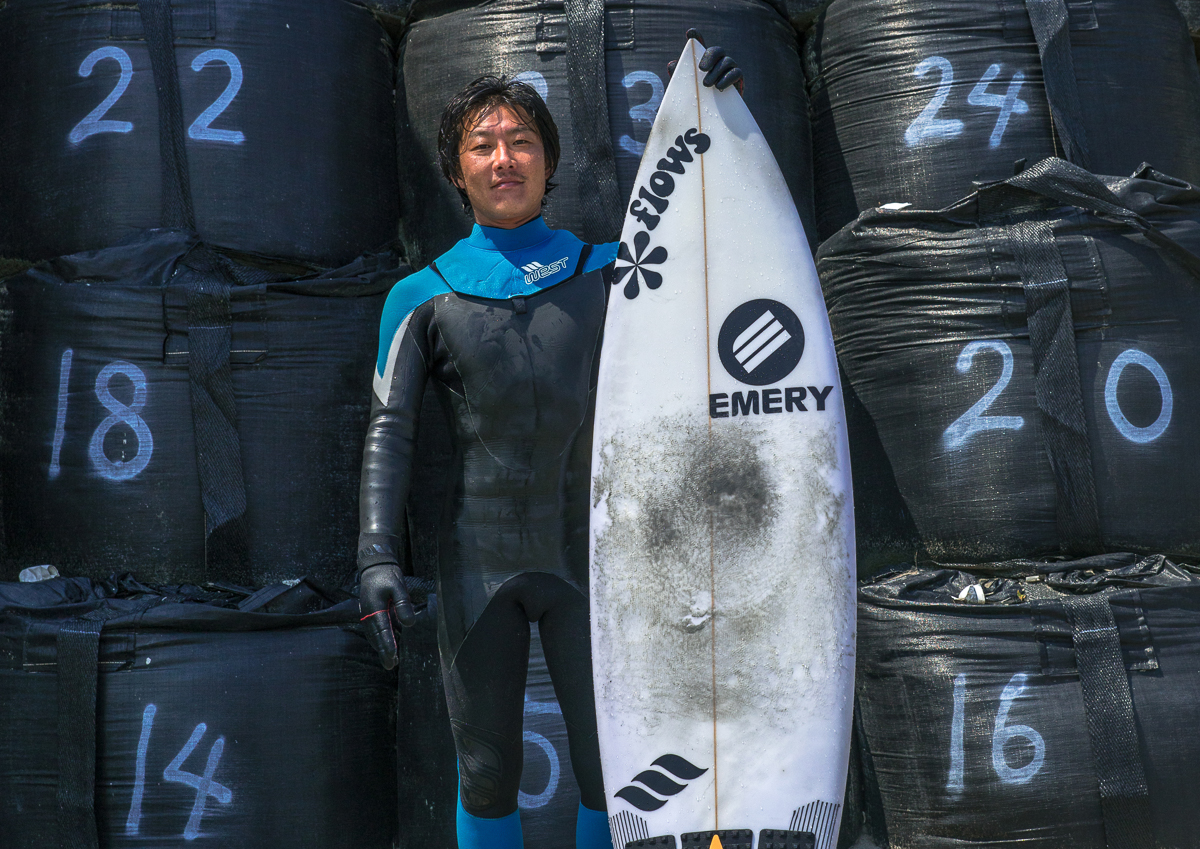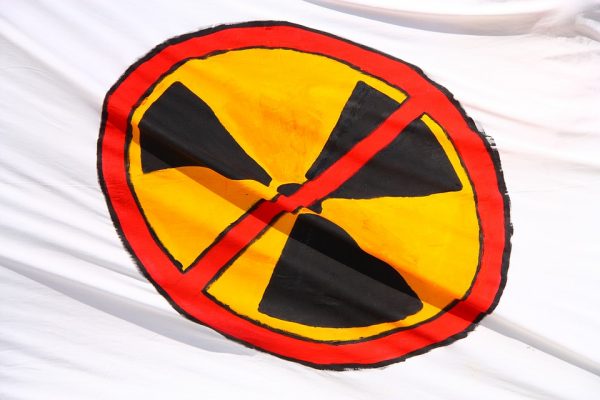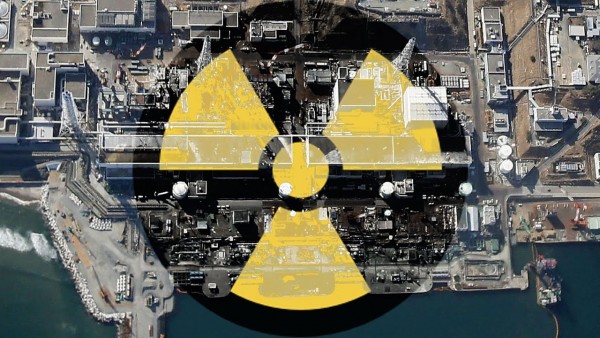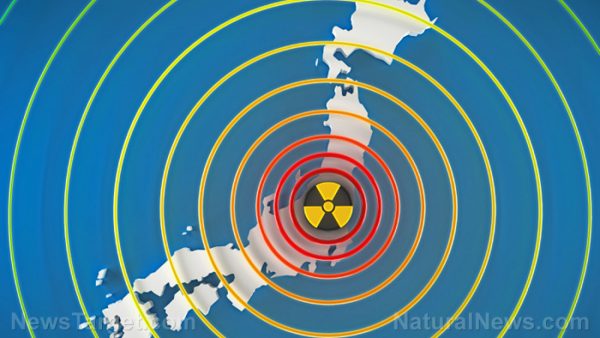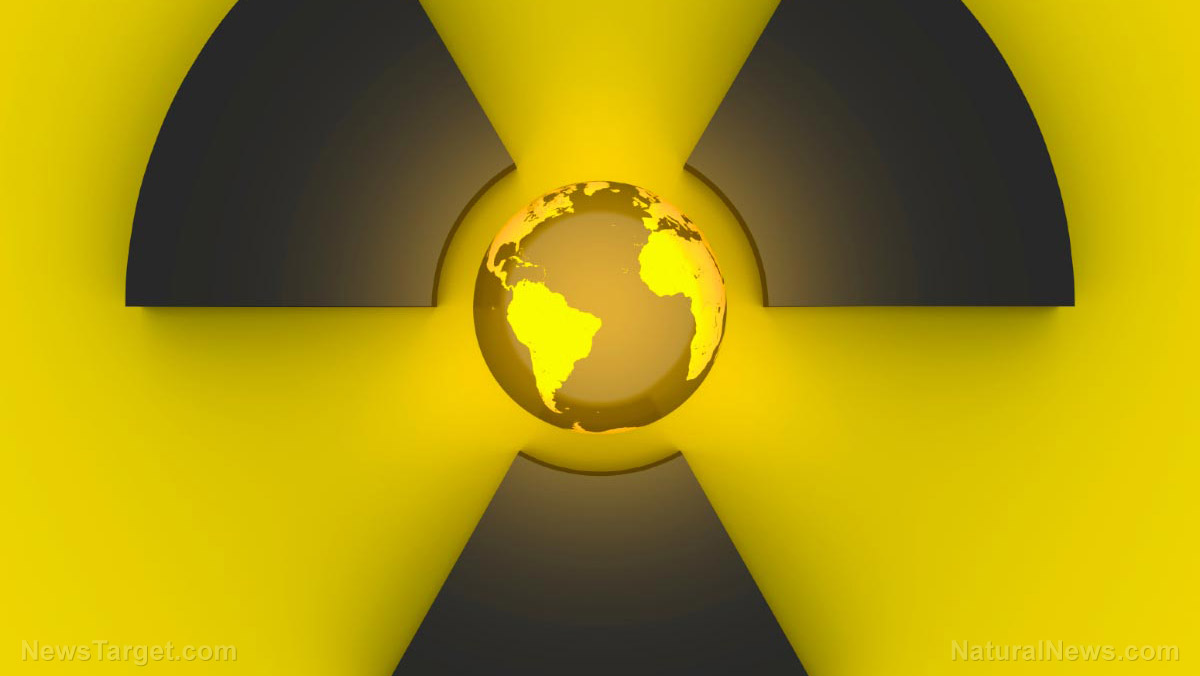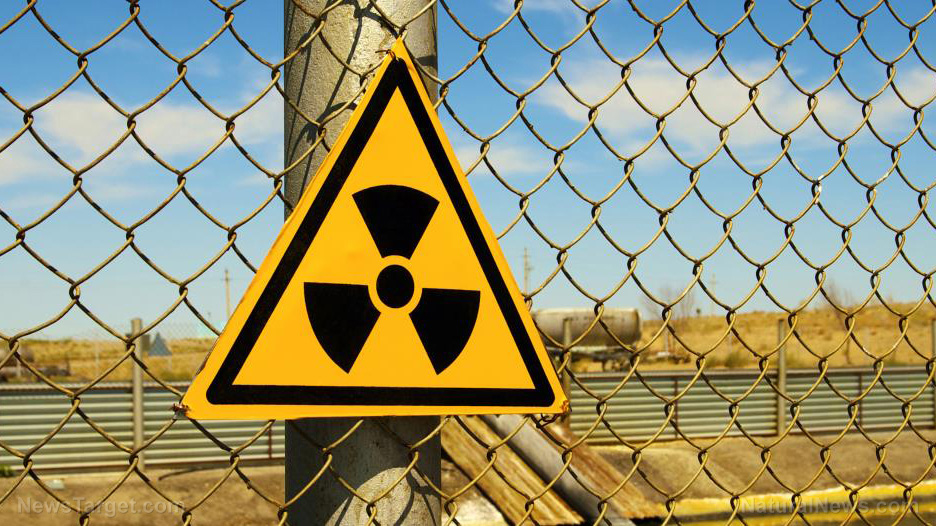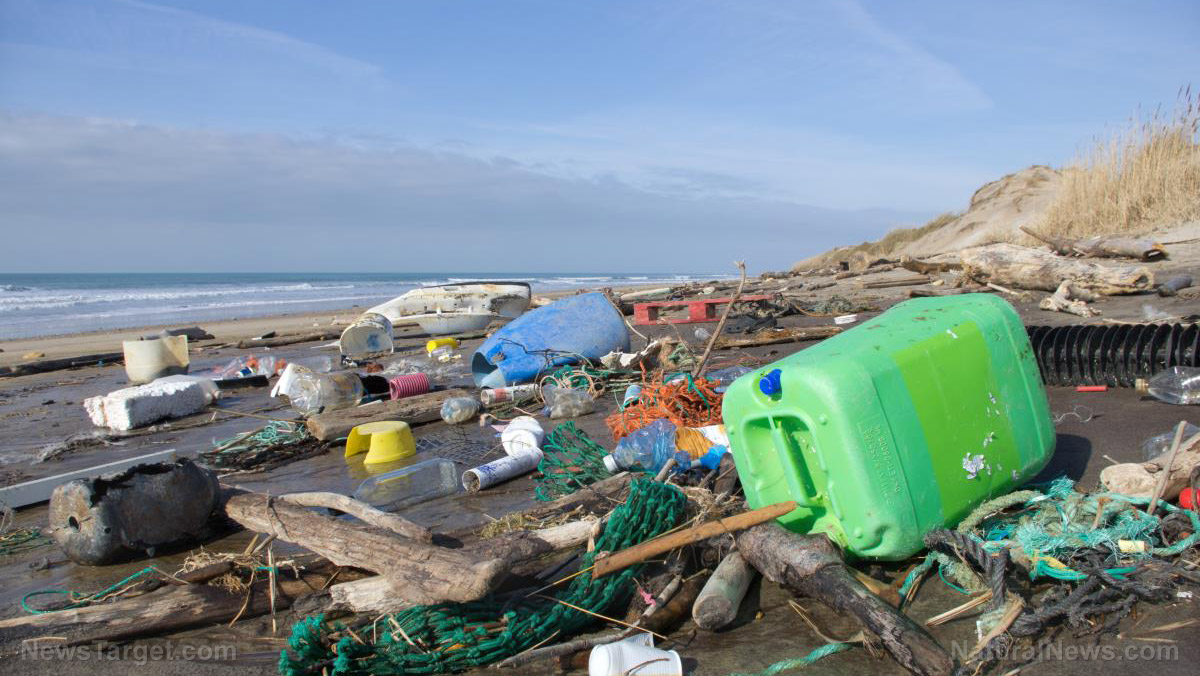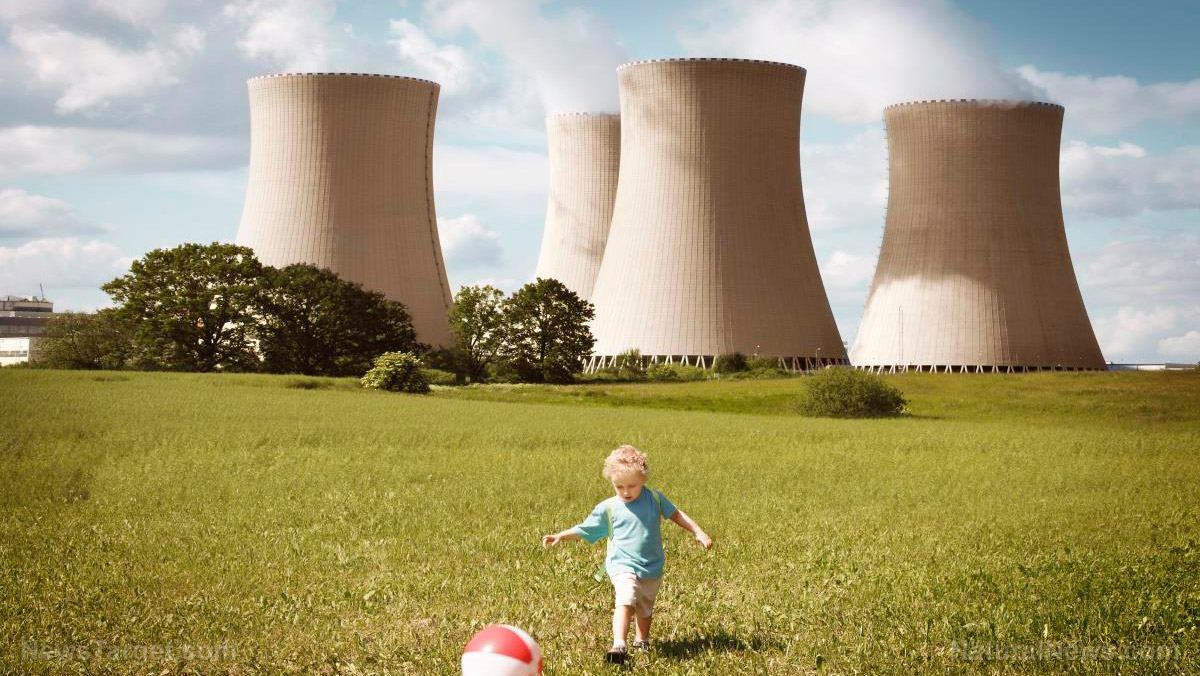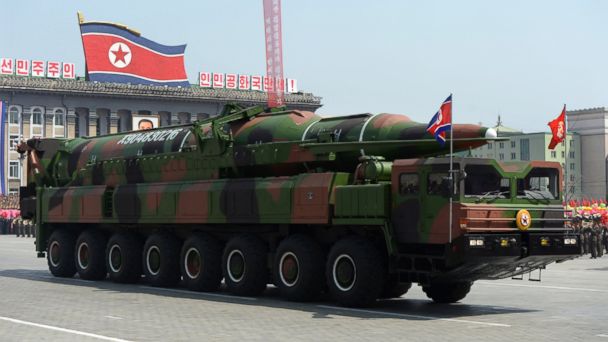Japan is turning to a small German company to generate power from timber irradiated by the 2011 Fukushima No. 1 nuclear meltdowns.
Article by Brian parkin
Closely held Entrade Energiesysteme AG will sell electricity from 400 of its container-size biomass-to-power machines set up in Fukushima Prefecture, said Julien Uhlig, the Duesseldorf-based company’s chief executive officer. The devices will generate 20 megawatts of power by next year and function like a “biological battery” that kicks in when the sun descends on the region’s solar panels, he said.
Selling green power with Entrade’s mobile units could support Japanese attempts to repopulate a region that’s struggled to restore a degree of normalcy after the March 2011 earthquake and tsunami killed 18,000 people while also triggering the Fukushima nuclear meltdowns that displaced 160,000 others. The prefecture aims to generate 100 percent of its power from renewable energy by 2040.
Entrade’s so-called E4 plants, four of which fit inside a 40-foot (12-meter) container, can reduce the mass of lightly radioactive wood waste by 99.5 percent, according to Uhlig. Shrinking the volume of waste could help Japanese authorities who need to reduce the volume of contaminated materials. Workers around Fukushima have been cleaning by scraping up soil, moss and leaves from contaminated surfaces and sealing them in containers.
“Burning won’t destroy radiation but we can shrink detritus to ash and create a lot of clean power at the same time,” said Uhlig, a former German government employee, in a phone call from Tokyo on Oct. 21. “There’s a lot of excitement about this project but I also detected a high degree of reluctance in Fukushima to talk about radiation.”
The decommissioning of Tokyo Electric Power Company Holdings Inc.’s stricken plant is set to take as long as four decades and the government estimates environmental cleanup costs may balloon to ¥3.3 trillion through March 2018.
Prime Minister Shinzo Abe said in March that Japan cannot forgo nuclear power. His government wants about a fifth of Japan’s power generated by nuclear by 2030, compared with almost 30 percent before three of the six reactors melted down at the aged Fukushima No. 1 plant.
Currently, just two of the nation’s 42 operable commercial reactors are running, which has translated into higher costs for imported fossil fuels as well as more greenhouse gas emissions.
Germany’s Federal Office for Radiation Protection declined comment on the process of burning radioactive waste in Fukushima.
Entrade’s biomass units will be located about 50 km (31 miles) from the Tepco reactors, said Uhlig.
Entrade’s biomass plants, which rely partly on technology developed by Germany’s Fraunhofer Institute, are “compactors” of lightly irradiated waste, said Uhlig. The “all in the box” technology is attractive to environmentally conscious clients who have a steady stream of bio waste but don’t want to invest in a plant, he said.
Uhlig’s company is cooperating with London’s Gatwick Airport to turn food waste from airlines into power. Royal Bank of Scotland financed another project supplying power from 200 units to an industrial estate near Liverpool, in northwest England.
Entrade has experimented with 130 types of biofuel since beginning operation in 2009. The company claims its plants convert biomass to power with 85 percent efficiency.
“It’s a bit like mixing muesli, taking what’s available from clients or the locality and blending it,” said Uhlig.
Entrade is moving its headquarters to Los Angeles to generate investment capital and help meet demand in the U.S. and Caribbean, he said. The company has 250 units in California and can hardly keep up with demand, Uhlig said.
Read more at: japantimes.co.jp

